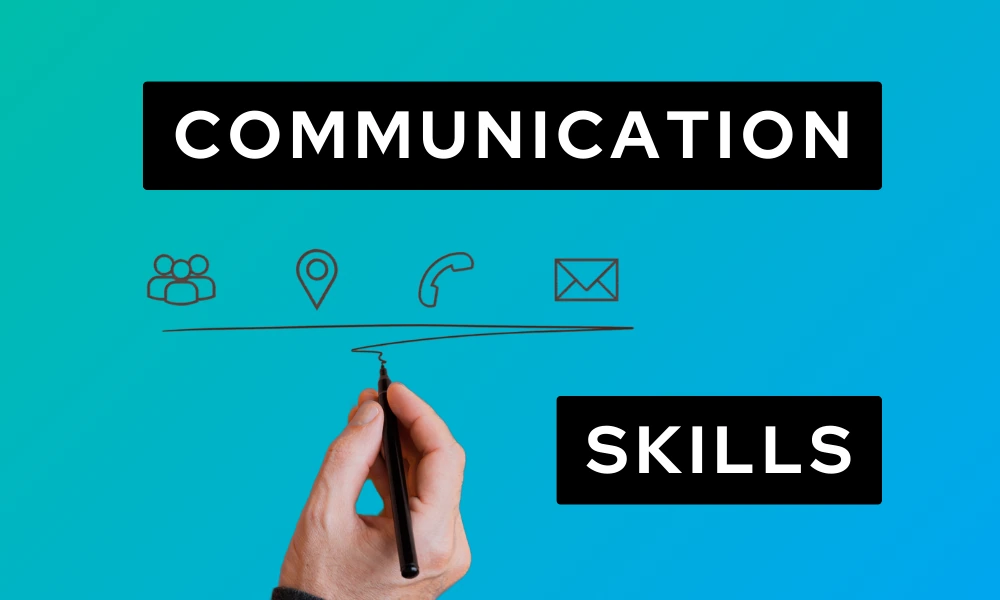How to Use Phone Screening Questions to Identify Top Talent
In today’s competitive job market, identifying top talent quickly and efficiently is crucial. One of the most effective tools at your disposal is the phone screen. When done correctly, phone screening can help you sift through a large number of candidates, narrowing down the pool to those who truly stand out. At Glider AI, we’ve seen how structured and insightful phone screening questions can make a significant difference in the hiring process. Here’s how you can leverage phone screening questions to identify top talent.
1. Set Clear Objectives
Before diving into the questions, it’s essential to define what you want to achieve with your phone screening. Are you looking to verify the candidate’s experience? Assess cultural fit? Gauge their communication skills? Having clear objectives will help you structure your phone screening interview questions and ensure you cover all necessary areas.
2. Prepare a Structured Format
A structured phone screening interview format ensures consistency and fairness. Prepare a set list of phone screening interview questions to ask every candidate. This not only helps in comparing candidates objectively but also ensures that you don’t miss out on any critical information. At Glider AI, we recommend dividing your phone screening questions into key categories such as:
- Experience and Skills
- Cultural Fit
- Motivation and Career Goals
- Availability and Compensation Expectations
3. Experience and Skills
Start with phone screening interview questions that help you understand the candidate’s background and expertise. This is your opportunity to validate their resume and assess their suitability for the role. Here are some examples:
- Can you walk me through your experience with [specific skill or technology]?
- What was your role in [specific project]?
- How have you applied [specific skill] in your previous jobs?
These phone screening questions help you gauge the candidate’s hands-on experience and their ability to apply their skills in real-world scenarios.
4. Cultural Fit
Cultural fit is just as important as skills and experience. You want to ensure the candidate will thrive in your company’s environment. Questions in this category might include:
- What kind of work environment do you thrive in?
- How do you handle feedback and criticism?
- Can you give an example of how you’ve contributed to a team?
By understanding a candidate’s preferred work style and their approach to teamwork, you can better assess how well they will integrate with your existing team.
5. Motivation and Career Goals
Understanding a candidate’s motivations and career aspirations can help you determine if they’re likely to stay with your company long-term. Consider asking:
- What attracted you to this position?
- Where do you see yourself in five years?
- What are you looking for in your next role?
These phone screening interview questions can reveal whether the candidate’s goals align with what your company can offer, reducing the risk of turnover.
6. Availability and Compensation Expectations
Finally, practical considerations such as availability and salary expectations need to be addressed to avoid any future mismatches. Example questions include:
- When would you be available to start?
- What are your salary expectations?
- Are you open to relocation or remote work?
These phone screening questions help ensure that both you and the candidate are on the same page regarding the terms of employment.
7. Listen Actively
Active listening is critical during phone screens. Pay attention not just to what the candidate says, but how they say it. Are they enthusiastic? Do they communicate clearly and confidently? Their tone and demeanor can provide additional insights into their suitability for the role.
8. Take Detailed Notes
Documenting the candidate’s responses is crucial for comparing candidates later. Detailed notes will help you recall specific answers and evaluate each candidate’s fit based on the criteria you’ve set.
9. Use Glider AI to Streamline Your Process
At Glider AI, we offer tools to streamline your phone screening process. Our platform allows you to create customized phone screening interview templates, automatically record and transcribe interviews, and analyze responses to identify top talent efficiently. By leveraging AI, you can save time and ensure a more consistent and fair evaluation process.
Conclusion
Phone screening is a powerful tool in the recruitment process. By preparing structured and insightful phone screening interview questions, actively listening, and leveraging technology like Glider AI, you can identify top talent quickly and efficiently. Remember, the goal is not just to fill a position but to find the best fit for your team and company culture.
Using these strategies, you’ll be well on your way to building a team of top performers who can drive your company’s success. Happy hiring!



